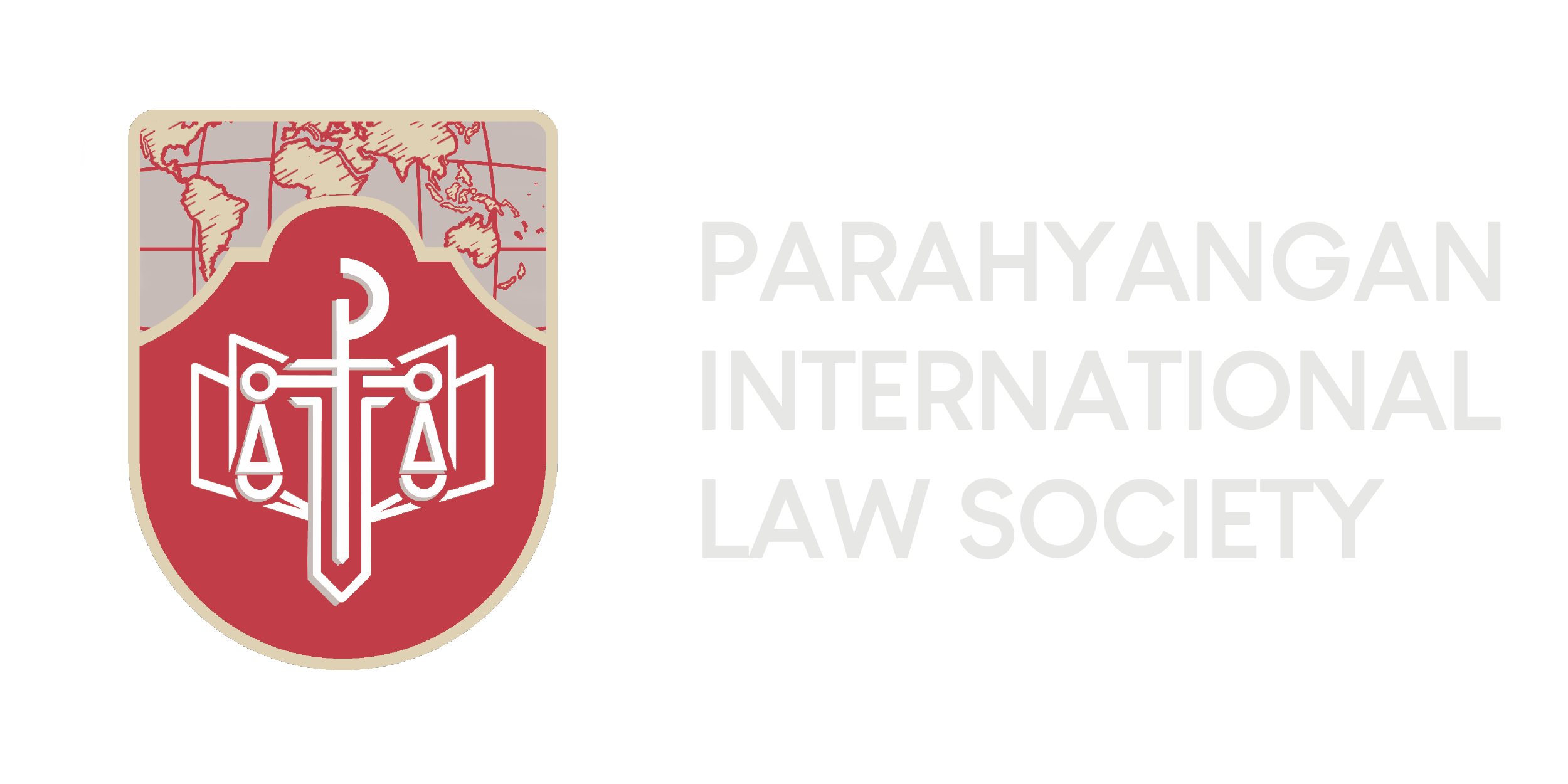The legality and ethical implications of cross-border surrogacy continues to be an issue of debate across different states and international forums. Surrogacy is a mechanism in which it establishes a contractual agreement between intended parents and a surrogate, where the surrogate carries the child on behalf of the intended parents. Legal complications often arise when the intended parents and surrogate originate from different jurisdictions, especially concerning the child’s nationality and the intended parent(s) legal parental status. This complexity is further intensified by the fact that personal law, which governs family matters based on nationality or domicile, exhibits considerable variation between jurisdictions. While some states recognise and enforce cross-border surrogacy practices, others prohibit or restrict such arrangements altogether, thereby creating a fragmented legal landscape. This article will examine the current jurisdictional challenges in cross-border surrogacy and propose specific legal mechanisms for implementing such a harmonised regulatory approach.
Category Archives: PILS Review
The Rohingya stands as the biggest stateless population in the world. They have faced a long history of persecution and discrimination, which has resulted in statelessness and forced migration. Although international law has progressed to accommodate universal human rights, the Rohingya have been denied citizenship and fundamental rights, forcing many to flee their homes and seek refuge in other Southeast Asian countries. This legal review serves as a reminder that improper implementation of international law and the lack of commitment to peace results in chaos, and the deprivation of human rights. Currently, the International Court of Justice (ICJ) has rejected all 4 Myanmar’s preliminary objections to the case brought by Gambia regarding Myanmar’s alleged genocide against the ethnic Rohingya population in Rakhine State. This is a step forward in protecting the lives and human rights of the Rohingya. However, many Rohingya refugees still face uncertainty regarding their status and have suffered rejection by local communities in Indonesia.
Espionage is an ancient art whose genesis leads further back to biblical times. Scriptures of the Old Testament depict a story of The 12 Spies, a narrative of espionage administered by Moses under God’s instruction. Since then, the utilisation of espionage has further progressed through the Middle Ages and even in Tudor times. It was only during modern warfare that the orchestration of espionage by warring states had escalated. Governments recognised the value of espionage as a powerful instrument for them to wield during such a time, with the means to collect information that was highly confidential, nevertheless a valuable asset to possess against another State in the event of war. This facet is emphasised during World War II, where espionage had become the bedrock of a government’s duty in ensuring its country’s survival and triumph, accounting espionage as a “vital necessity in the national security process”.
The history of a nation may frequently be undervalued, yet it plays an important role in forming the central core of a state’s self-identity. Specifically, historic rights of area are closely connected to the acquisition of territory in international law. Commonly, this particular type of claim will raise a question of which state discovered the area prior to any other states.
For the first time since its designation in 2009, Mother Earth Day is being recalled within the UN Decade, focusing on the topic of Ecosystem Restoration in support of all life on earth. This Ecosystem Restoration is in line with the Sustainable Development Goals (SDGs) in 2030, which aim for international cooperation in identifying the key challenges to sustainability worldwide. This is Mother Earth’s call for action – urgent and necessary to hold ourselves accountable for nature’s dangerous decline, which has only worsened since the industrial revolution.
For the first time since its designation in 2009, Mother Earth Day is being recalled within the UN Decade, focusing on the topic of Ecosystem Restoration in support of all life on earth. This Ecosystem Restoration is in line with the Sustainable Development Goals (SDGs) in 2030, which aim for international cooperation in identifying the key challenges to sustainability worldwide. This is Mother Earth’s call for action – urgent and necessary to hold ourselves accountable for nature’s dangerous decline, which has only worsened since the industrial revolution.
Under Article 30 of the United Nations Convention on Contracts for the International Sale of Goods (“CISG”), a seller has the obligation to deliver goods, hand over any documents relating to them, and transfer the property in the goods as required by the sales contract and the CISG. The duties required by the CISG encompass common obligations in sales described under Article 71 to Article 88 CISG, as well as obligations according to usages or practices between the parties under Article 9 CISG.
Human history has revealed numerous abuse of chemical weapons that has brutally exterminated lives. This tragedy specifically occurred during the World War and the Cold War, when the United States and the Soviet Union were the ones who predominated those chemical weapons. Reflecting on such tragedy, the opposition attempted to ban all chemical weapons at the end of the Cold War to evade the destruction that was caused by chemical weapons. This led to the rise of the Chemical Weapons Convention (“CWC”) in 1993 which prohibits the use, development, production, acquisition, stockpiling, or transfer of chemical weapons in war.
Amidst the pandemic, arbitration proceedings have shifted from in-person to remote hearings. Parties, counsels, and arbitrators must adapt to the new reality of conducting virtual arbitrations due to travel restrictions and social distancing measures.
But amidst the macabre fight over living space between two nations, arguably the bearers of the most suffering are neither Israel, Palestine, nor any of the Arab States. Indeed, how can we contend otherwise when as many as 5.7 million people now live as refugees, many of whom are descendants of refugees fleeing Palestine in the 1948 Palestinian Exodus.
- 1
- 2










